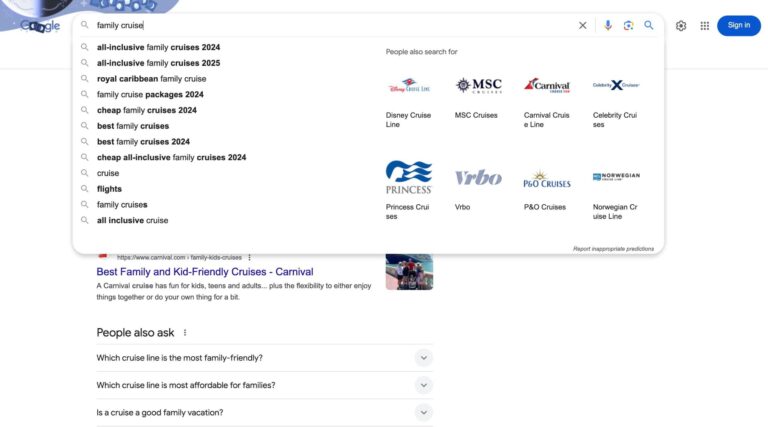Championing Health Autonomy and Equity: Africa’s Emerging Leadership in Maternal, Newborn, and Child Health
In the wake of the global pandemic’s challenges, Africa is witnessing a pivotal shift in health governance. This transformation emphasizes empowering countries to regain sovereignty over their healthcare systems while ensuring equitable funding and prioritizing the health of mothers, newborns, and children. Central to this movement is the Partnership for Maternal, Newborn and Child Health (PMNCH), which advocates for resilient healthcare frameworks tailored specifically to African contexts. By implementing targeted strategies that dismantle barriers to care access and promote sustainable financial policies focused on maternal and child wellbeing, PMNCH is instrumental in guiding Africa toward self-sufficient and inclusive health services.
This article explores how PMNCH’s forward-thinking initiatives are redefining Africa’s healthcare landscape by tackling deep-rooted inequalities with culturally sensitive solutions that resonate across diverse populations.
Redefining Healthcare Sovereignty: Strengthening African Leadership for Enduring Systems
Achieving genuine independence in healthcare requires African leaders to unite around a shared vision centered on self-directed medical governance. This new approach champions locally crafted solutions, honoring cultural diversity while leveraging indigenous knowledge and regional assets unique to each community. Through fostering collaborative partnerships among governments, grassroots organizations, civil society actors, and international stakeholders alike, nations can build innovative health ecosystems that broaden fair access for all citizens.
A vital element of this vision involves overhauling financial structures. Reducing reliance on external aid necessitates adopting sustainable funding models that prioritize investments in maternal, newborn, and child health initiatives. Strategies such as advocating for debt relief programs, enhancing local pharmaceutical production capabilities, and strategically allocating resources will mitigate risks associated with fluctuating foreign assistance. These efforts align closely with ongoing commitments to fortify resilient healthcare infrastructures across Africa. Integrating resource mobilization with community engagement alongside policy reforms forms the foundation of lasting health autonomy.
Innovative Financing Models Driving Maternal & Child Health Progress
The advancement toward robust maternal-child healthcare systems increasingly relies on pioneering financial approaches designed not only for impact but also long-term viability. Beyond traditional funding sources lies a spectrum of novel mechanisms-from community-based microfinance initiatives to dynamic public-private partnerships-that collectively accelerate progress against persistent obstacles.
The infusion of technology has further transformed financing by enabling transparent real-time tracking platforms that monitor fund utilization efficiency directly linked to program outcomes.
An especially promising strategy gaining momentum is results-based financing (RBF), where disbursements depend upon achieving specific performance targets related to service quality or coverage expansion. This incentivizes providers toward excellence while empowering beneficiaries through accountability measures.
- Sustainable Impact Investing: Directing capital into projects demonstrating measurable gains such as reduced infant mortality rates or improved nutritional status among children.
- Catalytic Public-Private Partnerships: Collaborations combining governmental oversight with private sector innovation enhance efficiency in service delivery.
Discover more about these collaborations here. - Social Impact Bonds: Financial tools linking investor returns directly with social outcome achievements encourage sustained commitment towards community wellbeing objectives.
| Financing Model | Description & Advantages |
|---|---|
| Sustainable Impact Investing | Dedicates funds exclusively toward interventions yielding quantifiable improvements like increased immunization rates or decreased neonatal deaths. |
| Catalytic Public-Private Partnerships | Merges regulatory support from governments with operational flexibility from private entities enhancing scalability of programs. |
| Social Impact Bonds | Ties financial incentives directly to social progress metrics fostering transparency among stakeholders involved in maternal-child projects. |
Tackling Healthcare Inequities: Pathways Toward Inclusive Access Across Diverse Regions Â
Across numerous regions within Africa today,disparities remain one of the most significant barriers obstructing universal access-particularly affecting pregnant women as well as infants during critical early development phases. Addressing these gaps requires comprehensive strategies involving infrastructure upgrades alongside workforce capacity building focused primarily on underserved rural communities.
Effective bridging demands:
– Increased investment dedicated explicitly toward expanding clinics equipped for maternal-child services beyond metropolitan areas.
– Enhancing frontline worker skills through ongoing training combined with equitable deployment policies ensuring qualified personnel reach marginalized zones.
– Promoting multi-sectoral alliances between government agencies & NGOs aimed at sustaining innovative service delivery models financially viable over time.
Collaborative efforts should emphasize:
| Strategy | Expected Outcome |
|——————————|———————————————|
| Community-Led Awareness Campaigns| Improved prenatal/postnatal care uptake driven by heightened knowledge |
| Telemedicine Expansion | Greater specialist consultation availability overcoming geographic isolation |
| Innovative Funding Approaches | Amplified resource inflow supporting scalable public health interventions |
These integrated methods cultivate environments where vulnerable groups receive timely high-quality care regardless of location or socioeconomic background.
The Future Outlook: Solidifying Gains Through Unified Action and Innovation in African Healthcare Governance
African leadership today stands at an unprecedented crossroads-offering not just reform but transformative change anchored firmly around autonomy over national health priorities focusing squarely on mothers’ & children’s welfare.
This momentum driven largely by PMNCH highlights how cooperative governance paired with inventive financing can dismantle entrenched obstacles hindering equitable service provision throughout varied settings continent-wide.
Such collective determination reflects resilience inherent within communities themselves who emerge both as recipients yet active architects shaping their futures sustainably.
The path forward envisions healthier generations empowered through localized decision-making supported by transparent accountable partnerships spanning sectors globally invested yet locally led-a compelling model resonating far beyond regional boundaries.*
Africa’s pursuit of holistic maternal-newborn-child wellness embodies aspirations extending beyond survival; it imagines thriving societies grounded firmly upon equity-driven principles undergirded by innovation-led governance committed unwaveringly towards leaving no one behind-heralding a new era where every life holds equal value under shared stewardship shaped indigenously yet connected globally.*







